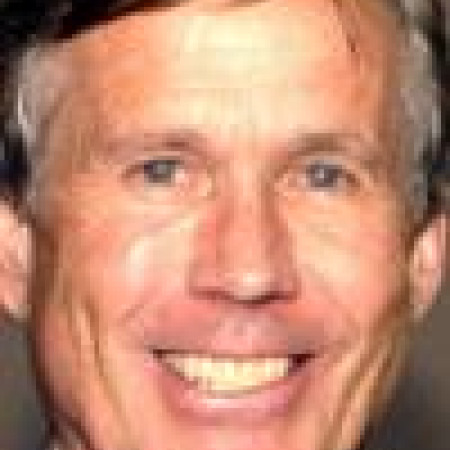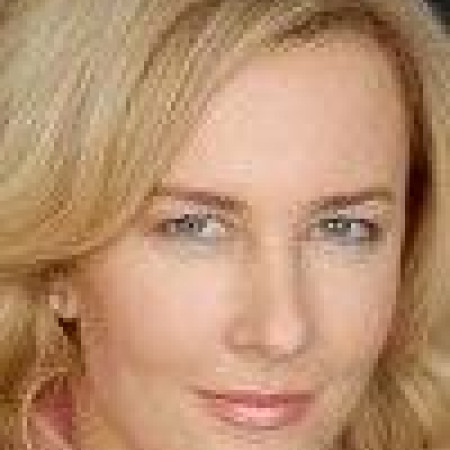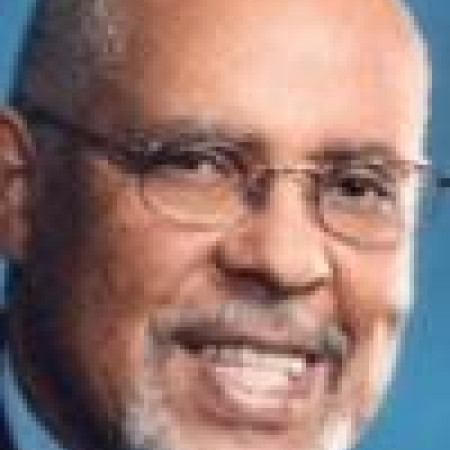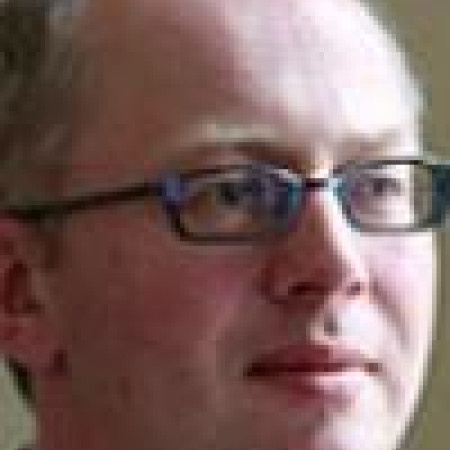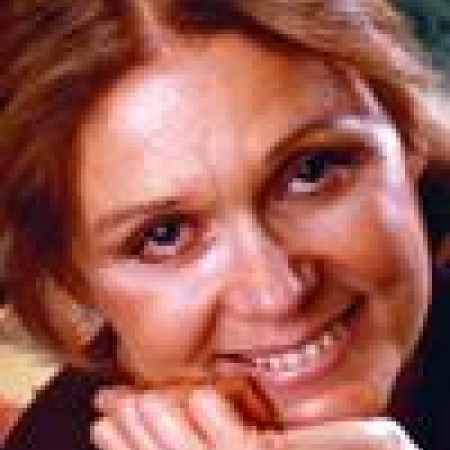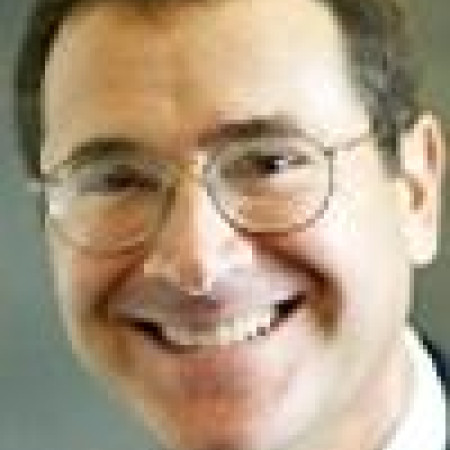Hayagreeva Rao - Market Rebels: How Activists Make or Break Radical Innovation
Do you identify as an activist, a social entrepreneur, or both? What do they have in common? In this audio lecture sponsored by the Stanford Center for Social Innovation, Hayagreeva Rao, explores how the joined hands of activists, or "market rebels," shape markets, and how this promotes or blocks innovation. Rao's lessons are applicable to leaders in the nonprofit and for-profit spheres, marketers, and activists who harness collective action for institutional and social change.



